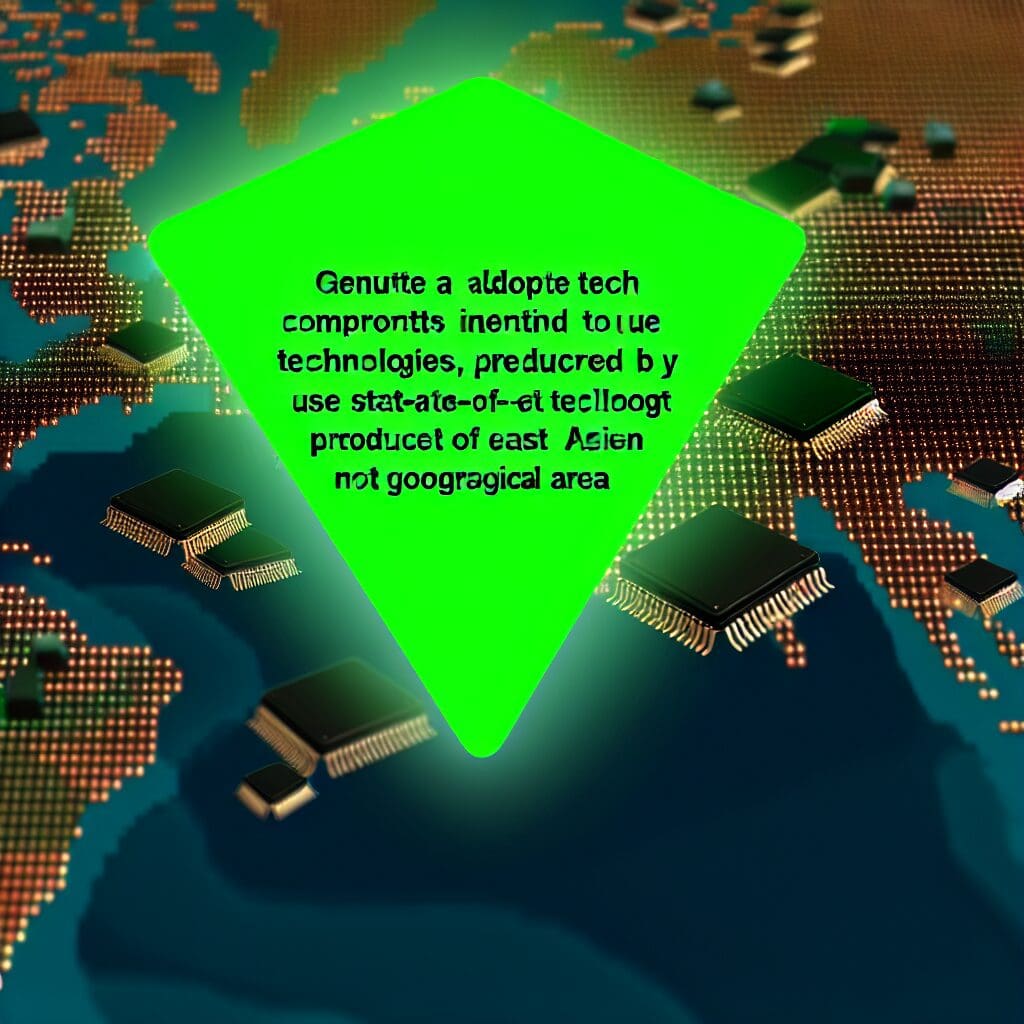Nvidia has recently given the green light for Samsung’s HBM3 chips to enter the Chinese market, a significant move that reflects the growing demand for advanced semiconductor technology. This decision not only supports Samsung’s expanding production capabilities but also positions Nvidia strategically in one of the world’s largest markets for technology.
High Bandwidth Memory (HBM) technology plays a critical role in enhancing the performance of data-intensive applications, including artificial intelligence (AI), gaming, and big data processing. The HBM3 chips, which are the latest iteration, offer improved performance and efficiency compared to their predecessors. For businesses relying on high-performance computing, this advancement presents a compelling reason to upgrade their systems. Nvidia’s early endorsement allows Samsung to begin supplying these chips as early as August, providing companies with timely access to cutting-edge technology.
The implications of this partnership extend to various sectors, especially in China, where AI and cloud computing are rapidly growing. According to a report by McKinsey, the market for AI applications in China is expected to reach $40 billion by 2025. Nvidia’s strategic alliance with Samsung could enhance their competition against local semiconductor companies, while also helping sustain production rates amidst an ongoing global chip shortage.
Furthermore, this collaboration aligns with the global shift towards optimizing supply chains and ensuring that technology leaders can quickly respond to market needs. Businesses that leverage Samsung’s HBM3 chips can expect to benefit from enhanced system performance, which can lead to greater operational efficiencies and a competitive edge in their respective markets.
In conclusion, Nvidia’s approval of Samsung’s HBM3 chips for the Chinese market exemplifies the synergy between technology giants aiming to push the boundaries of innovation. This partnership not only cultivates further advancements in the semiconductor industry but also promises to significantly impact the broader technological landscape in the coming years.












